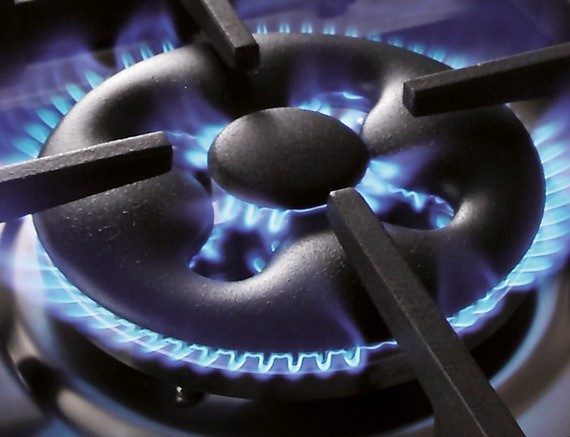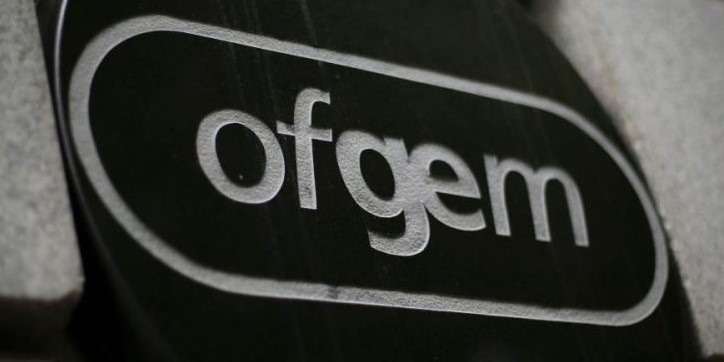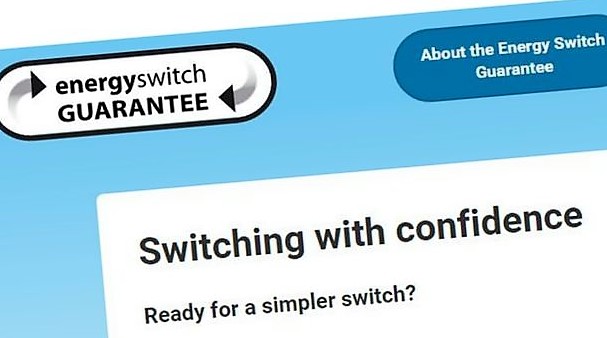A gas and electricity bill price cap of £1,136 a year has been proposed by the regulator, Ofgem for "typical household usage"
Although Ofgem’s recommendation to set the energy price cap at £1,136 per year has been described as “concerning” for the whole industry, it will mean that 11 million households on standard tariffs, the default rates paid by customers who haven’t shopped around for a new energy deal in recent years, will save on average around £75 depending on their supplier and usage.
Even customers that have switched in the past year are often automatically placed onto the more expensive standard deals when they come to the end of fixed-term contract deals but the aim of the price cap is to protect vulnerable customers - those who have little time, or are unaware or unable, to regularly switch supplier. Previously these customers would often be stuck on costly tariffs and be punished for not switching. When the price cap is introduced in December this year, suppliers will have to cut their gas and electricity prices to or below the level of the cap.
Dermot Nolan, chief executive of Ofgem, said: "Ofgem has made full use of the powers Parliament has given us to propose a tough price cap which will give a fairer deal to consumers on poor value default tariffs.
"Once the price cap is in place, all households in Great Britain covered by the cap will be protected from being overcharged for their energy.
"Consumers can have confidence that falls in energy costs will be passed on to them and if costs increase, Ofgem will ensure that any rise will be due to genuine increases in energy costs rather than supplier profiteering."
How much could you save?
Ofgem calculates that a customer on the most expensive tariff could save more than £120 depending on which supplier you are with, whether you pay by direct debit or receive bills in the post or online.
Assuming you keep to average usage and don’t leave your heating on all day, a typical dual fuel customer who gets their gas and electricity from the same supplier on a standard variable tariff is set to save about £75.
For instance, a British Gas customer would save around £69, but someone with Scottish Power, which currently has the most expensive default tariff, would save about £121. In total, the price-cap would save customers around £1 billion.
It’s important to note that Ofgem's definition of a typical customer uses 3,100 kWh of electricity and 12,000 kWh of gas in a year.
So should I still switch?
Yes, you should still switch, despite the price-cap. Ofgem will review the level of the cap every six months and the cap-ceiling is likely to go up next April in line with price increases in the wholesale energy market. While the price cap will reduce the prices of the most expensive rates, there are still many tariffs available that are even cheaper and customers should still shop around for cheaper energy.
The price cap does not guarantee that you’ll be on the cheapest tariff and figures show that the cheapest price on the market is almost £300 cheaper than the level of the cap.
Join Switchd today to see how much you could save…
So, what are you waiting for?
- We save you more time and money than comparison sites and our free competitors. And what’s more, you’ll only be charged for our service if and when we get you a saving of £50 or more.
- Its quick to sign up, then hassle-free thereafter.
- Auto switching is for those who want to save money, but don’t have the time or patience to keep switching. If you want to save money hassle-free, auto switching may well be for you.




